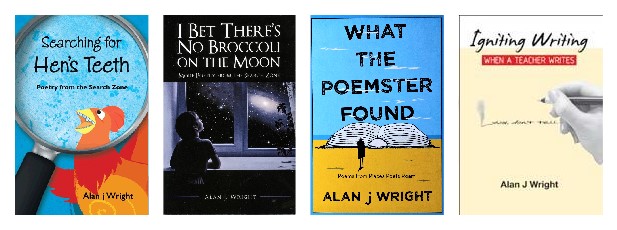This poem by Australian poet Bruce Dawe epitomises the unique connection sporting tragics have to their preferred football teams, -an almost tribal allegiance. Each season supporters stare down the twin imposters- victory and defeat. They remain both loyal and hopeful of eventual triumph. This poem refers specifically to Australian Rules Football, but it's themes are universal. I share this poem on the eve of the 2017 Grand Final to decide the Premiership for this football season. My team, the Richmond Tigers have reached the play off to decide the ultimate victor. They have not contested the Grand Final match for 35 years. My hopes fly with them. This poem links two of my great loves -football and poetry... Life Cycle When children are born in Victoria they are wrapped in club-colours, laid in beribboned cots, having already begun a lifetime’s barracking. Carn, they cry, Carn … feebly at first while parents playfully tussle with them for possession of a rusk: Ah, he
